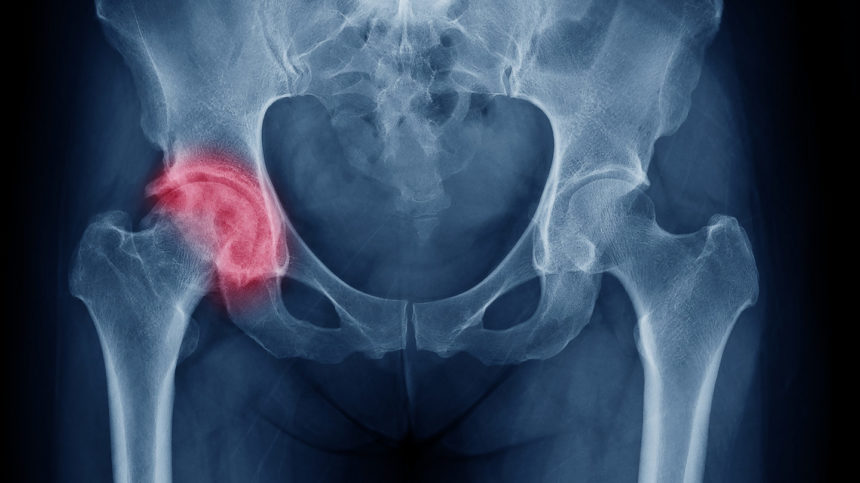
Healthy older and middle-aged adults who wish to lower their risk of fractures may not get much help from vitamin D3 supplements, according to the authors of a new study published in the New England Journal of Medicine.
Investigators examined data from participants in the Vitamin D and Omega-3 trial, testing whether vitamin D3 supplements were linked to a lower risk of fractures than placebo. Study participants did not have vitamin D deficiency, low bone mass or osteoporosis. Fractures were reported on annual participant questionnaires.
There were more than 1991 fractures in 1551 participants over a 5-year median follow-up period. Supplemental vitamin D3 had no significant effect on total fractures, nonvertebral fractures or hip fractures as compared with placebo, reported Meryl S. LeBoff, MD, of Brigham and Women’s Hospital, Harvard Medical School. The results held true after variables such as age, sex, race, body-mass index and vitamin D blood levels were taken into account.
Results don’t support use
“Overall, the results from this large clinical trial do not support the use of vitamin D supplements to reduce fractures in generally healthy U.S. men and women,” LeBoff, who serves as chief of the Calcium and Bone Section in the Endocrine Division at the Brigham, said in a statement.
However, the findings do not apply to those with vitamin D deficiency or low bone mass or osteoporosis, she noted. “Most participants in the trial were not deficient and may have already reached the vitamin D level needed for bone health,” she said.
The investigators plan to continue their studies with a focus on whether vitamin D levels or genetic variations in how the body processes vitamin D will reveal information about who might derive musculoskeletal benefits from these supplements.
Related articles:
LTC hip-fracture rates rise where fracture-linked drug prescriptions abound
Psychological resilience boosts walking abilities after hip fracture: study




